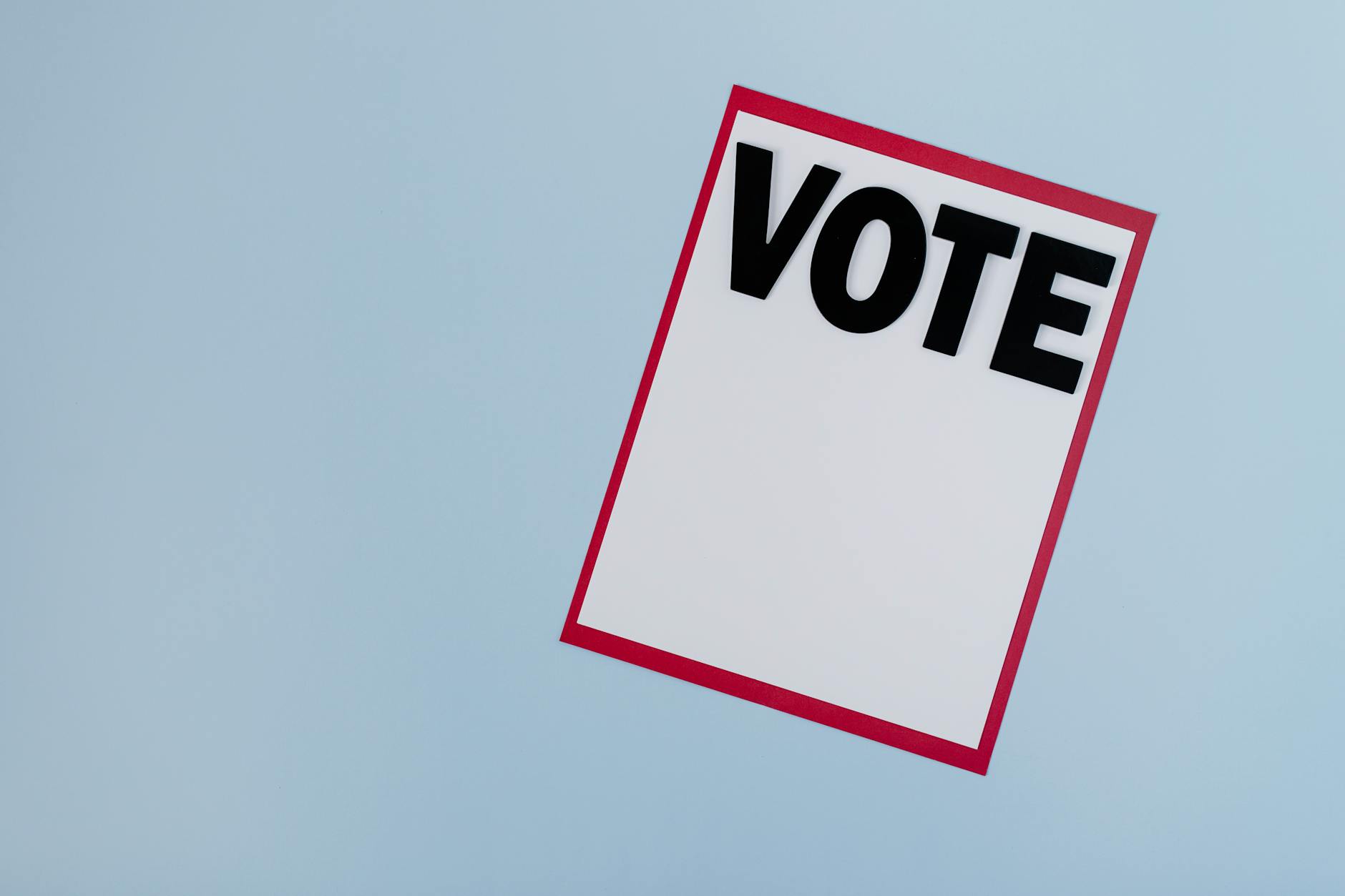Beijing Drew a Red Line, and Taiwan Stepped Right Over It

It’s one of the most unequal power dynamics on the planet. On one side, a nation of 1.4 billion with the world’s largest military, which considers the island next door a rogue province to be taken by force if necessary. On the other, that island: a thriving, defiant democracy of 23 million people.
For months, the giant did everything it could to intimidate its smaller neighbor. Beijing’s message ahead of Taiwan’s January 13th election was brutally clear: a vote for the ruling Democratic Progressive Party (DPP) is a vote for war. They flew fighter jets into Taiwan's airspace, surrounded it with warships, and plastered state media with denunciations of the DPP's candidate, Lai Ching-te, as a "dangerous separatist."
On Saturday, the island gave its answer.
And that answer was a resounding "no." By electing Lai Ching-te, Taiwanese voters gave the pro-sovereignty DPP an unprecedented third straight presidential term. They looked at Beijing's red lines, its threats, and its military drills, and they calmly, democratically, walked right over them. It was an act of collective political courage that echoed from Washington to Tokyo.
But this wasn't a simple story of defiance. While Lai won the presidency, his party lost its majority in the legislature. The voters, it seems, delivered a very nuanced verdict. They want a president who will stand up to China, but they also want a parliament that will keep that president in check. They've handed Lai a shield to defend their sovereignty, but they've hobbled the arm that holds the spear.
This is the tightrope Lai now has to walk.
He has to manage a relationship with a superpower that has openly branded him an enemy. At the same time, he has to navigate a fractious parliament at home where the two opposition parties—the more Beijing-friendly KMT and the upstart TPP—could team up to block his entire agenda. Every decision, from the defense budget to trade policy, will now be a street fight.
The election essentially asked Taiwanese voters to choose their preferred method of survival. The KMT offered the path of dialogue and economic integration, arguing that antagonizing Beijing was simply too dangerous. The DPP offered the path of deterrence and alliances, believing that the only language Beijing understands is strength.
The people chose strength, but with a leash.
Now the world waits to see how the dragon reacts. Will Beijing double down on its intimidation, perhaps with more aggressive military drills or a punishing economic blockade? Or will it realize that its strong-arm tactics have backfired, pushing the Taiwanese people further away? The coming months will be a perilous test of wills, with a small, brave island at the very center of the 21st century's most dangerous geopolitical standoff.
